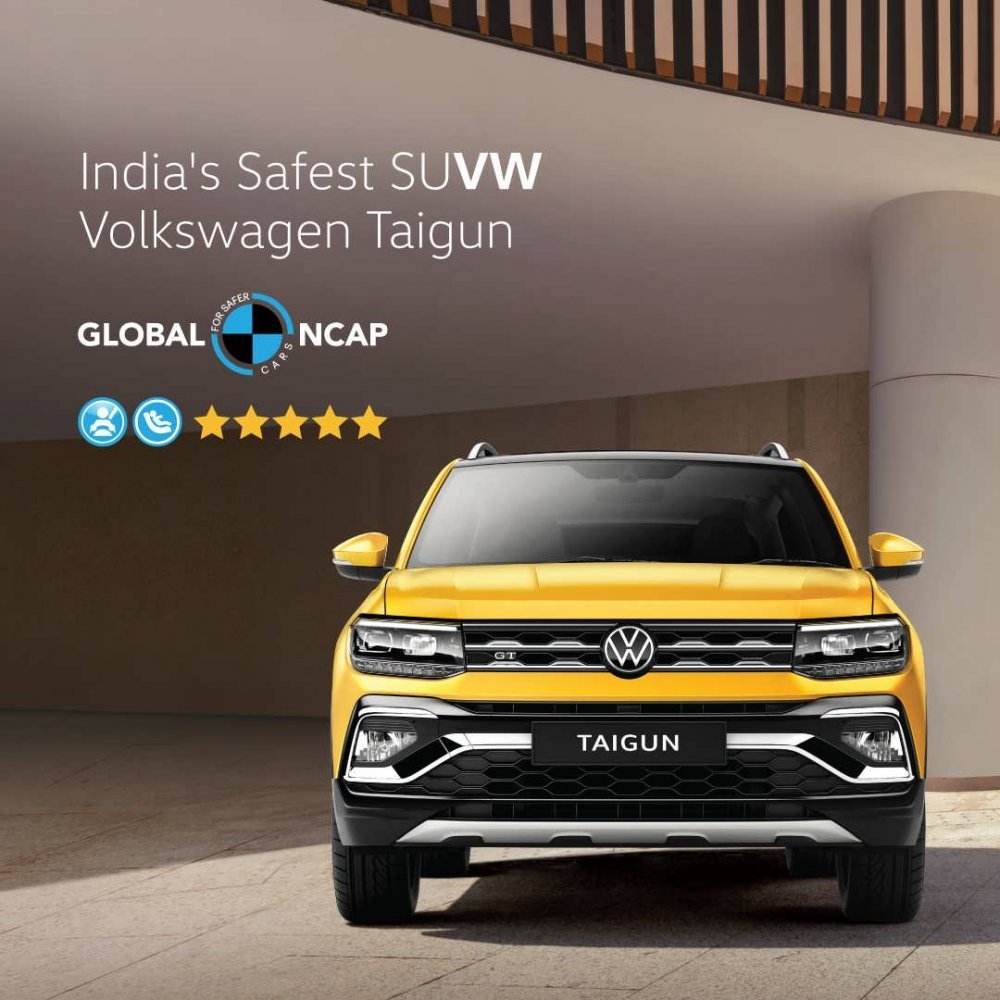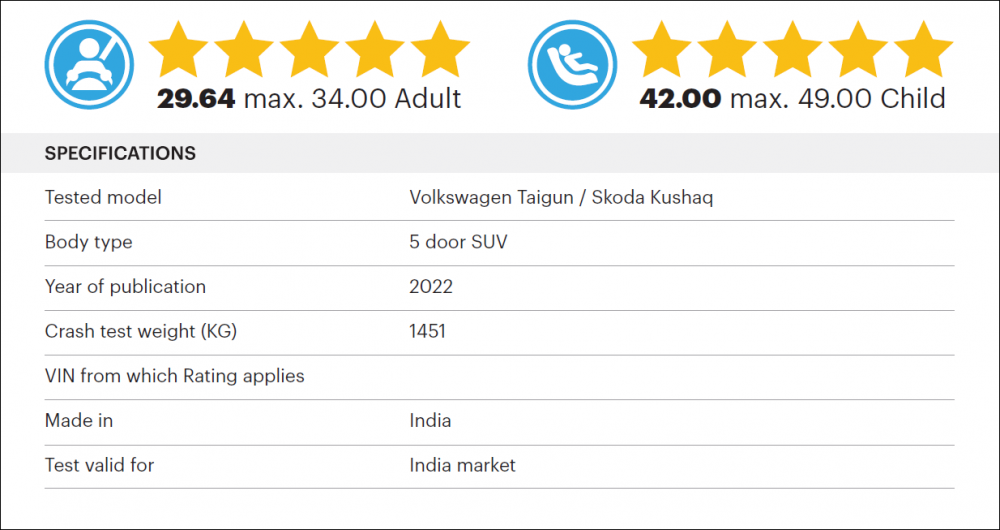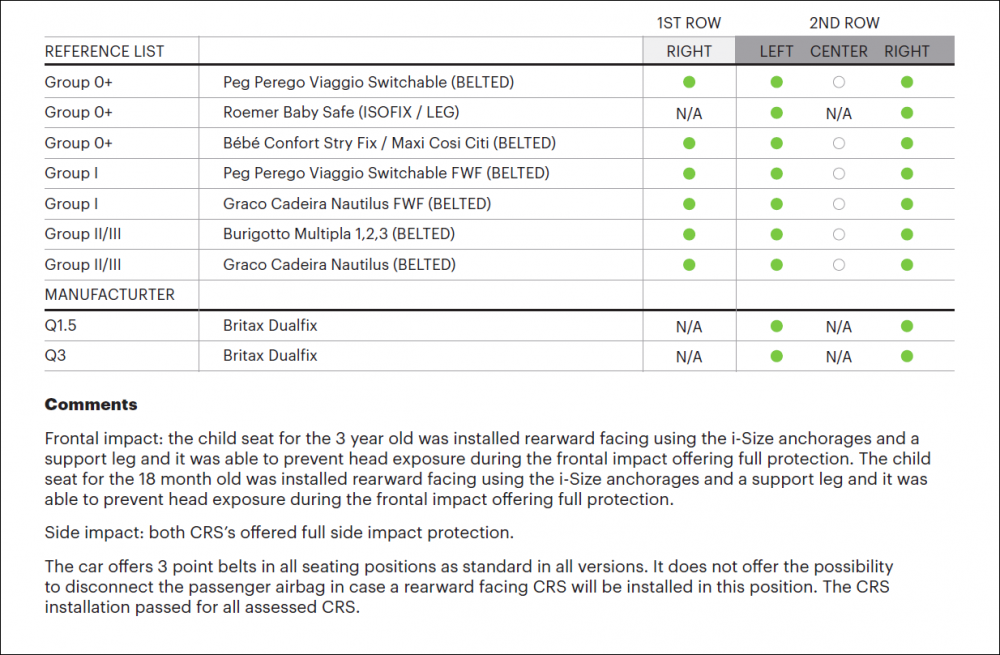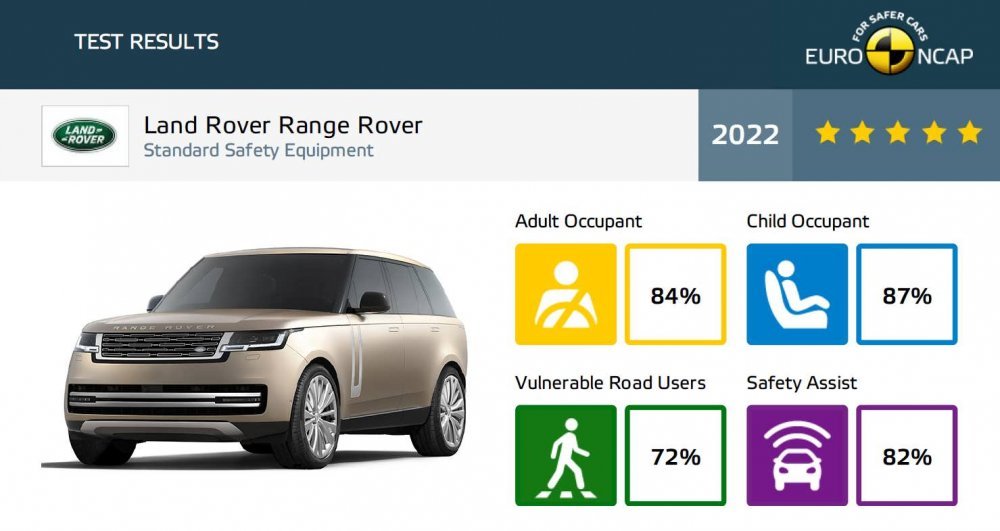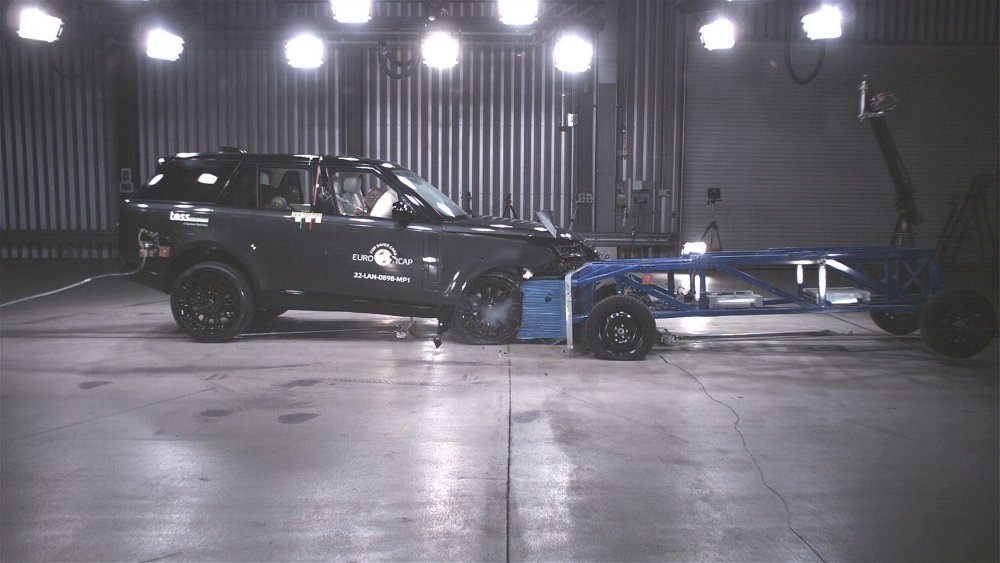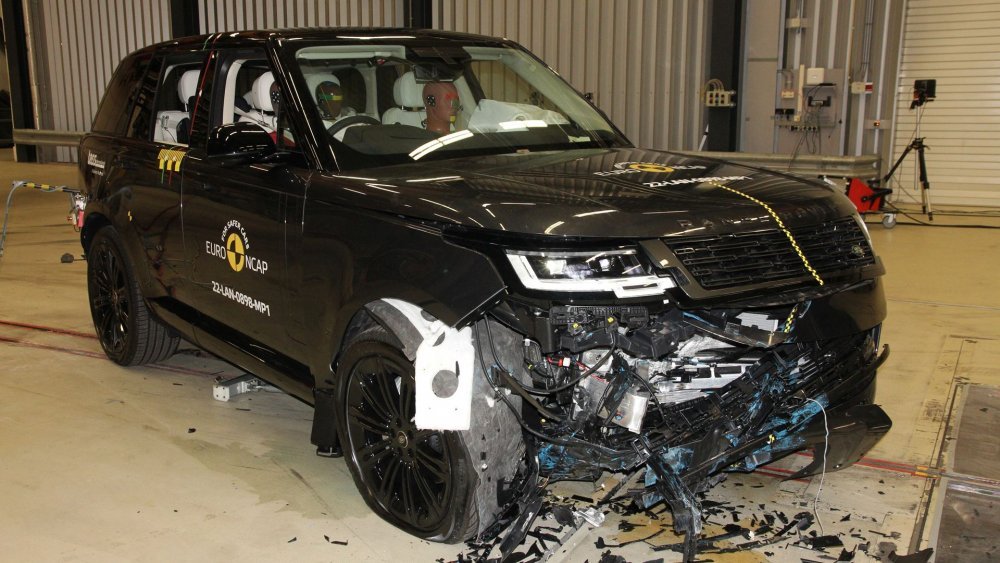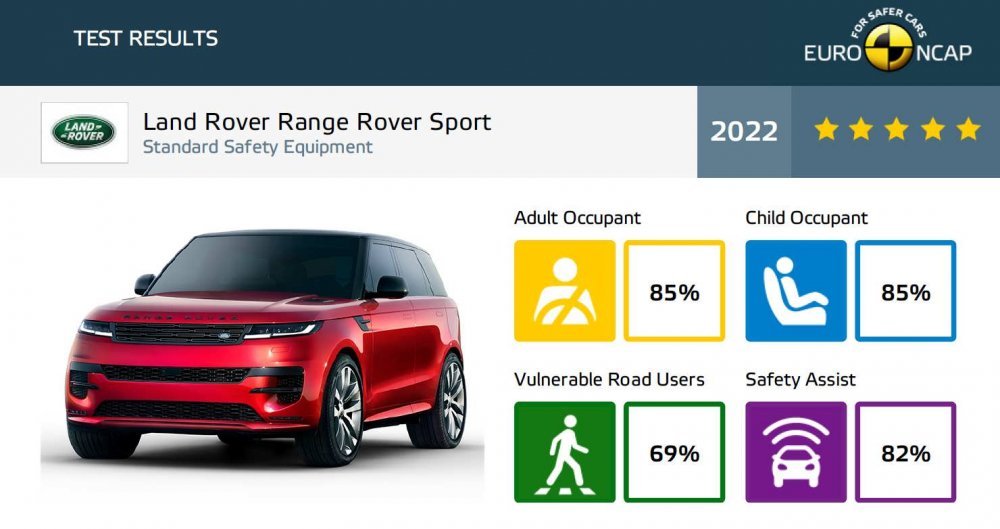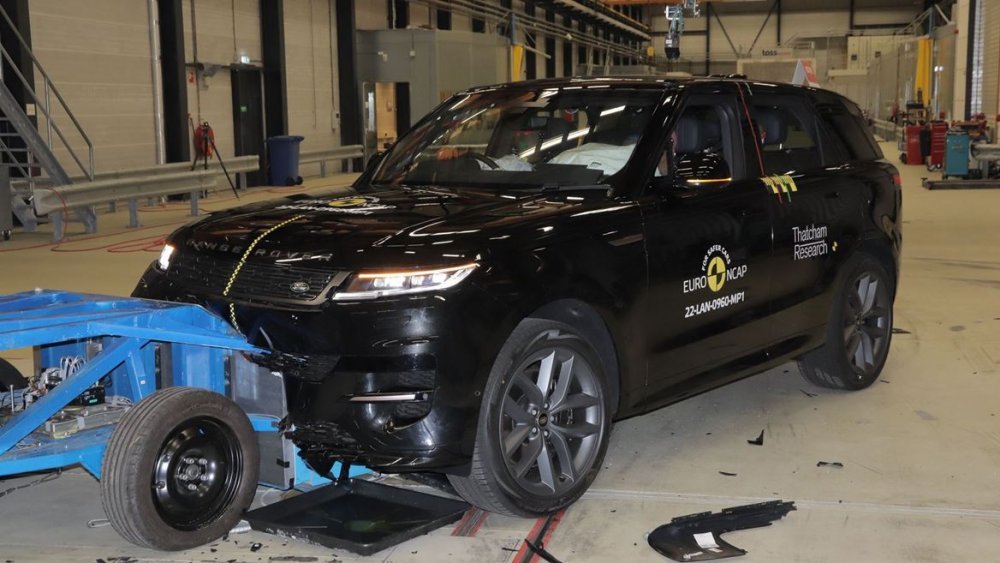Thread Starter
#121
Disappointingly low scores for Hyundai Creta & i20 in latest Crash Tests

The segment-leading Hyundai Creta compact SUV and its sibling - the pricey and well-loaded Hyundai i20 hatch - have scored 3 stars for adult occupant protection from Global NCAP in the latest round of Safer Cars for India crash tests. The Hyundai Creta has just barely made it to the 3 Star mark, much like its platform-sharing cousin the Kia Seltos had in a similar test conducted in 2020. The Creta has managed a better score for child occupant protection though with three stars, as the Seltos had only managed two.

Yet, the Creta's body shell has been rated unstable, with a higher risk of likely injury to the legs and feet of the front passengers. Its lack of standard safety equipment like ISOFIX child seat anchorages, 3-point seatbelts, and ESC (electronic stability control) for all passengers, also pulled down its scores. A lot of this is available in higher variants, but the cars tested are always in their basic or entry variant. The Creta also has no side head impact protection as standard. And do remember that the Hyundai Creta is still the highest-selling model in the crowded compact SUV segment.

The Hyundai i20 was also tested in its base variant - with dual airbags and ABS. It too has shown an unstable structure, and worryingly also exhibits a risk of the driver side airbag not completely protecting the driver's head and chest. The Hyundai i20 did score a bit better on child safety with 36.89 /49 points - but it has also meant only a 3 Star rating for child occupant protection. This rating holds only if the appropriate car seats are used for child passengers. The i20 does get ISOFIX anchorages but Global NCAP is again disappointed that the i20 has a lap belt for the middle rear passenger, and three-point seatbelts are not standard. The i20 also doesn't have ESC or side head impact protection as standard - unlike the European spec Hyundai i20 that gets all that, multiple airbags, and even autonomous emergency braking as standard.
Alejandro Furas, Secretary General, Global NCAP said, "Although the overall star rating of these models might seem reasonable, the continued reluctance of manufacturers like Hyundai to equip safety systems such as ESC and side body and head protection airbags as a basic requirement in India is disappointing." Queries on both crash tests sent by carandbike to Hyundai India have as yet gone unanswered.
Car&bike
Yet, the Creta's body shell has been rated unstable, with a higher risk of likely injury to the legs and feet of the front passengers. Its lack of standard safety equipment like ISOFIX child seat anchorages, 3-point seatbelts, and ESC (electronic stability control) for all passengers, also pulled down its scores. A lot of this is available in higher variants, but the cars tested are always in their basic or entry variant. The Creta also has no side head impact protection as standard. And do remember that the Hyundai Creta is still the highest-selling model in the crowded compact SUV segment.
The Hyundai i20 was also tested in its base variant - with dual airbags and ABS. It too has shown an unstable structure, and worryingly also exhibits a risk of the driver side airbag not completely protecting the driver's head and chest. The Hyundai i20 did score a bit better on child safety with 36.89 /49 points - but it has also meant only a 3 Star rating for child occupant protection. This rating holds only if the appropriate car seats are used for child passengers. The i20 does get ISOFIX anchorages but Global NCAP is again disappointed that the i20 has a lap belt for the middle rear passenger, and three-point seatbelts are not standard. The i20 also doesn't have ESC or side head impact protection as standard - unlike the European spec Hyundai i20 that gets all that, multiple airbags, and even autonomous emergency braking as standard.
Alejandro Furas, Secretary General, Global NCAP said, "Although the overall star rating of these models might seem reasonable, the continued reluctance of manufacturers like Hyundai to equip safety systems such as ESC and side body and head protection airbags as a basic requirement in India is disappointing." Queries on both crash tests sent by carandbike to Hyundai India have as yet gone unanswered.
Car&bike





